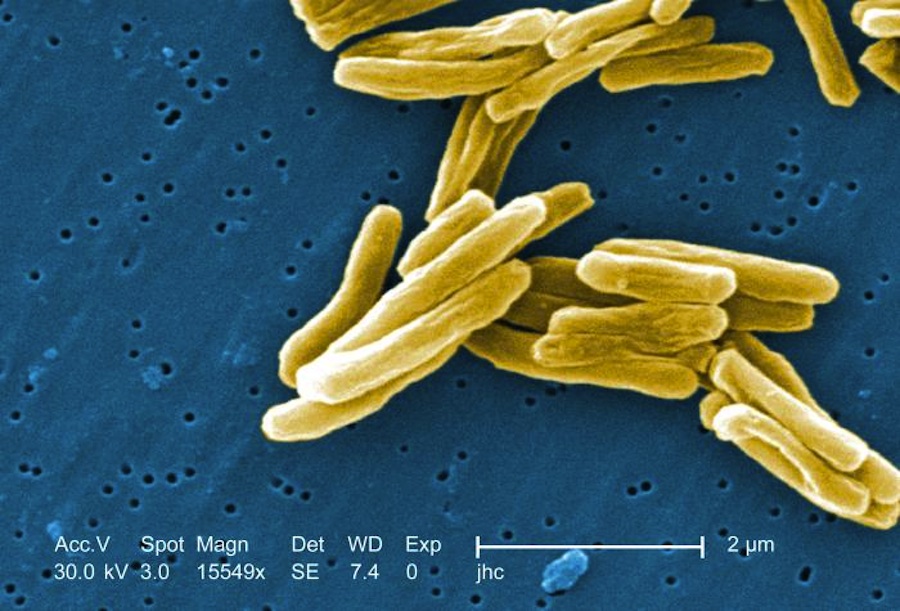
Christopher Wanjek
Christopher Wanjek is a Live Science contributor and a health and science writer. He is the author of three science books: Spacefarers (2020), Food at Work (2005) and Bad Medicine (2003). His "Food at Work" book and project, concerning workers' health, safety and productivity, was commissioned by the U.N.'s International Labor Organization. For Live Science, Christopher covers public health, nutrition and biology, and he has written extensively for The Washington Post and Sky & Telescope among others, as well as for the NASA Goddard Space Flight Center, where he was a senior writer. Christopher holds a Master of Health degree from Harvard School of Public Health and a degree in journalism from Temple University.
Latest articles by Christopher Wanjek
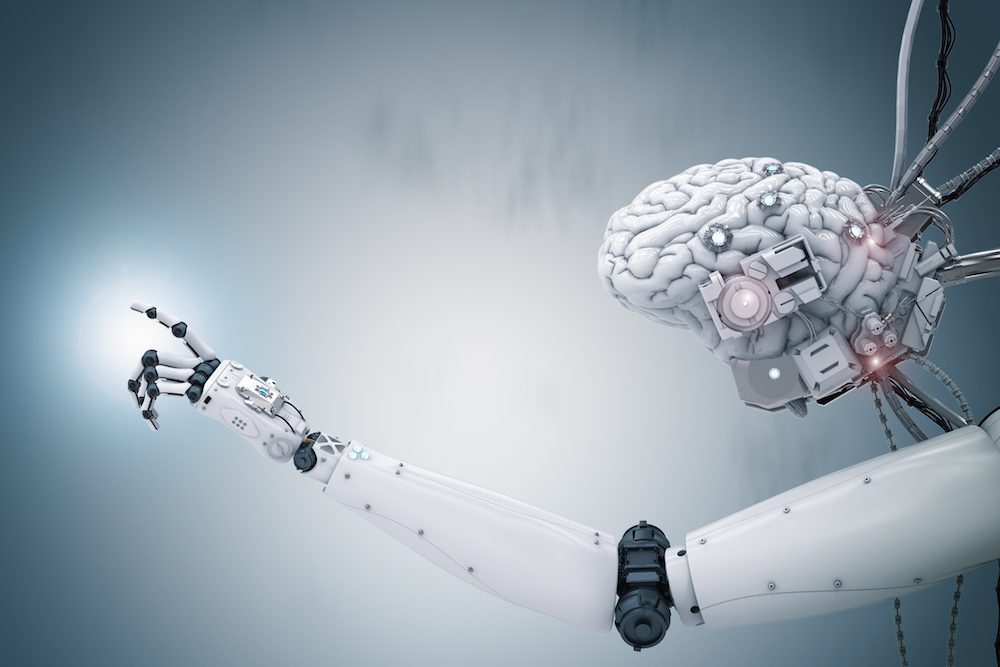
Forget Cyborgs — Biohybrid Robots Are Almost Here
By Christopher Wanjek published
There may come a day when humans take on the form of cyborgs with integrated, robotic parts to enhance our abilities. But long before that, look for "biohybrid" robots...

How Your Brain Wiring Drives Social Interactions
By Christopher Wanjek published
WASHINGTON — Humans and many other animals express a range of social behaviors, from cooperation to aggression.
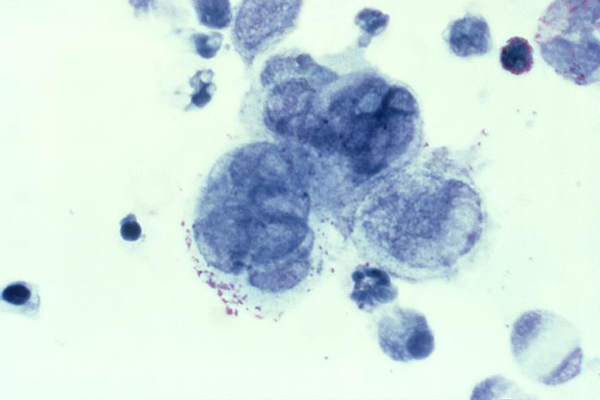
Sweet Lullaby: Scientists Uncover How Herpes Virus Sleeps and Wakes
By Christopher Wanjek published

Say What? Computer Game Improves Hearing in Noisy Situations
By Christopher Wanjek published
Want to follow conversations better in a noisy restaurant or bar? There soon may be an app for that.

Babies Learn Perseverance by Watching You Sweat
By Christopher Wanjek published
Have you ever struggled to open a stubborn package? If so, that may be a good thing…if your baby is watching.
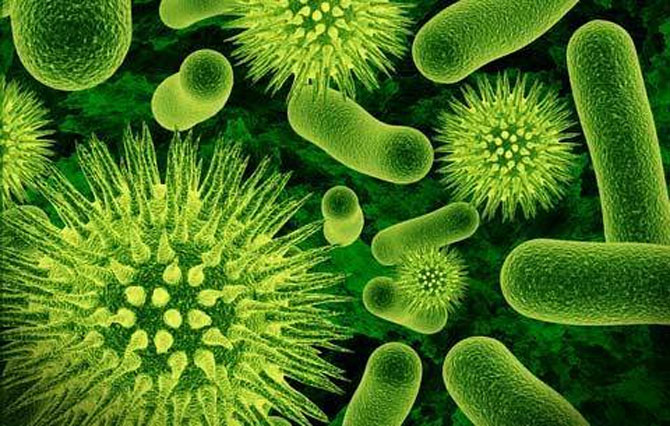
Hunter-Gatherer Gut Microbes Show What We're Missing
By Christopher Wanjek published
The gut microbiome of the hunter-gatherer Hadza people is very different from that of Americans, varying with diet and season, and that's likely good for the Hadza ... and bad for Americans.

People Who Get Less REM Sleep May Be at Greater Risk of Dementia
By Christopher Wanjek published
Consider it another strike against not getting enough sleep...

Why You May Not Have to Finish All Your Antibiotics
By Christopher Wanjek published
The mantra to "complete the course" for antibiotics is wrong and possibly dangerous, scientists say.

How 'Bad' Gut Bacteria Can Change Their Evil Ways
By Christopher Wanjek published
The idea that gut bacteria can either be "good" or "bad" may not tell the whole story.
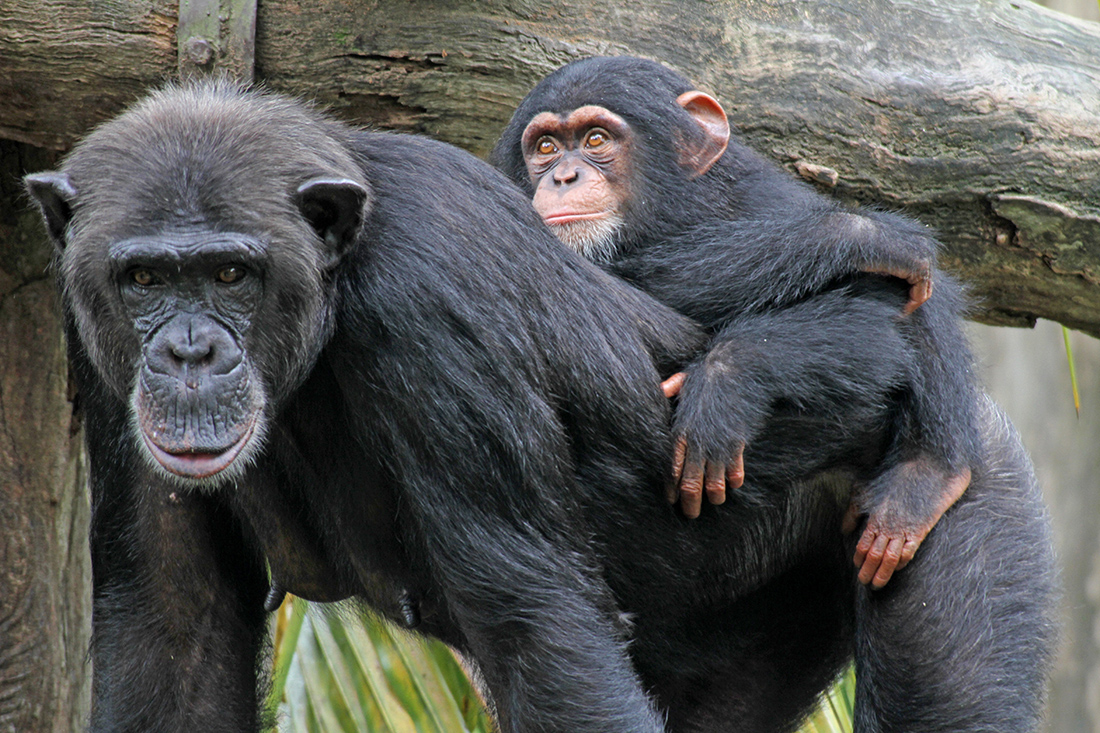
Who Would Win a Human-vs.-Chimp Wrestling Match?
By Christopher Wanjek published
In the most detailed study to date comparing the muscles of chimps and humans, researchers found that chimps are 1.35 times more powerful than people.
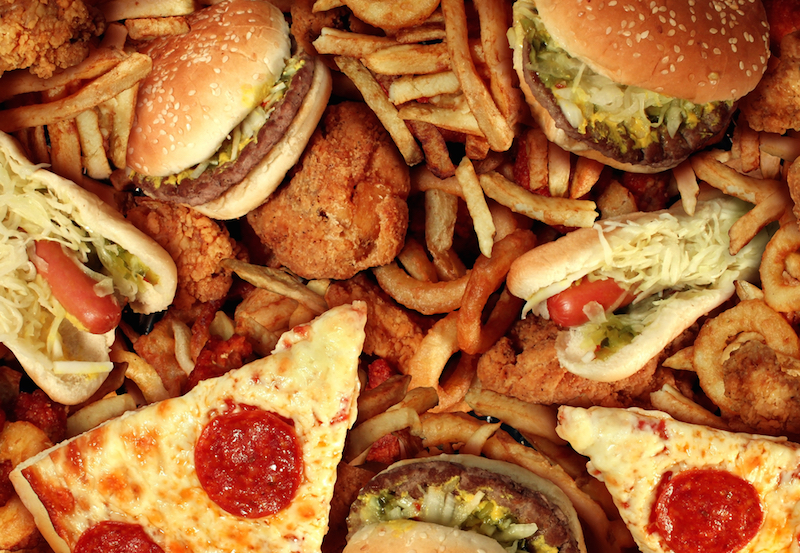
Doctors Want Sugar and 'Cancer-Causing' Foods Out of Hospitals
By Christopher Wanjek published
The AMA is taking aim at hospitals with a policy recommendation encouraging healthier food and drink options for patients, visitors and staff.

Chronic Pain May Stem from Pain Receptors in Hiding
By Christopher Wanjek published
Scientists find that pain receptors can hide inside cells; but they can still find them and deactivate them, which may lead to better pain medication.
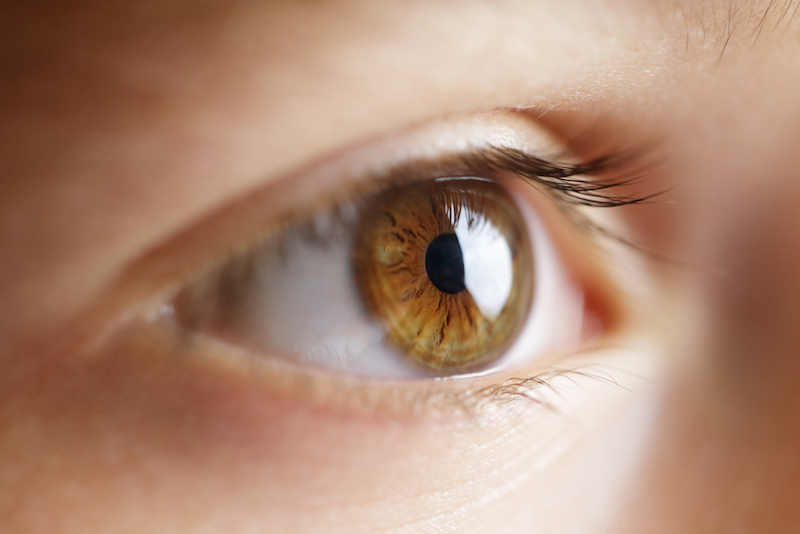
3D-Printed 'Eyes' Could Help Blind Children's Faces Grow Naturally
By Christopher Wanjek published
Researchers used a 3D printer to create eye-like structures to help the faces of kids who are missing eyes to grow naturally and symmetrically.

Robot Completes Delicate Eye Surgery in First
By Christopher Wanjek published
The first robotic surgical technique for the eye brings great precision and safety to a delicate surgery on the retina.
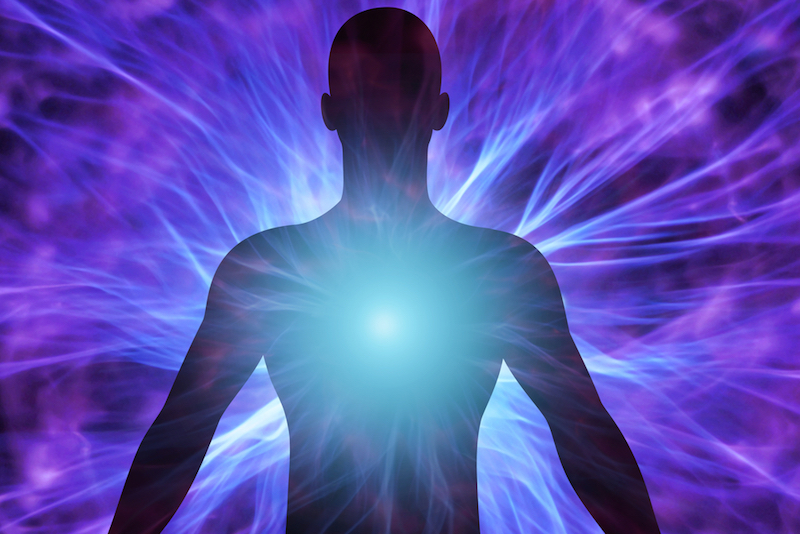
How Bright Lights May Help Wake Patients from a Coma
By Christopher Wanjek published
Could encouraging a natural circadian rhythm help comatose patients awaken? A small study says yes.

Why Breathing Deeply Helps You Calm Down
By Christopher Wanjek published
The brain center that links breathing and calmness has been found.

How Fast Will Your Brain Age? Scientists Identify Key Gene
By Christopher Wanjek published
Scientists have found that a gene called TMEM106B controls how fast the brain ages and helps protect against dementia.

New Policies Would Threaten Autism Research, Experts Say
By Christopher Wanjek published
The real threat for those with autism is not vaccines but rather the proposed changes to Obamacare, which could reduce services for people with the condition.
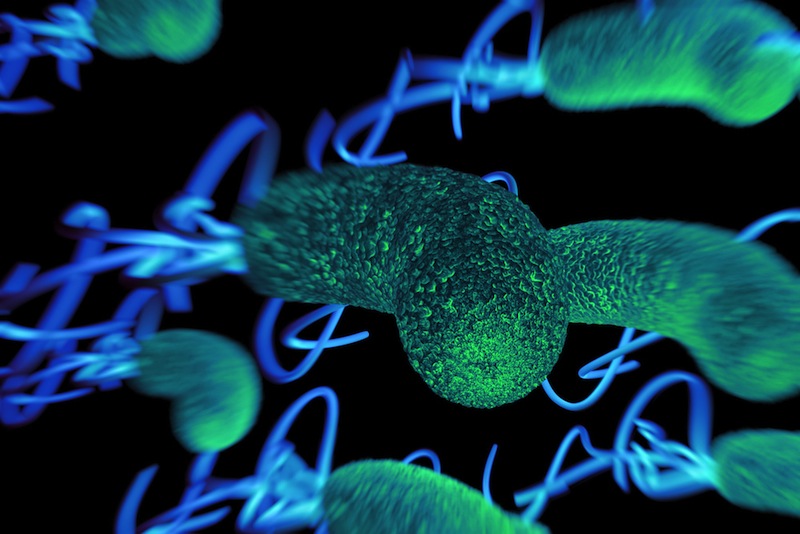
Europeans Brought New, Deadly Ulcer Bacteria to Americas
By Christopher Wanjek published
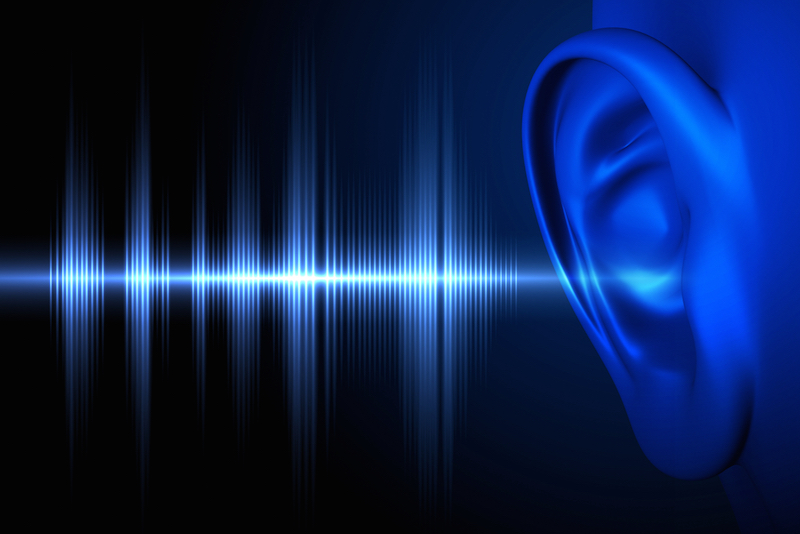
Hear This: Scientists Regrow Sound-Sensing Cells
By Christopher Wanjek published
Scientists recently regrew sound-sensing "hair cells" in high volumes to test drugs for hearing loss.

Depression Can Affect New Fathers, Too
By Christopher Wanjek published
While much attention is given to maternal depression, fathers also can get depressed before and after their child's birth, which, in turn, can have negative consequences for the child.
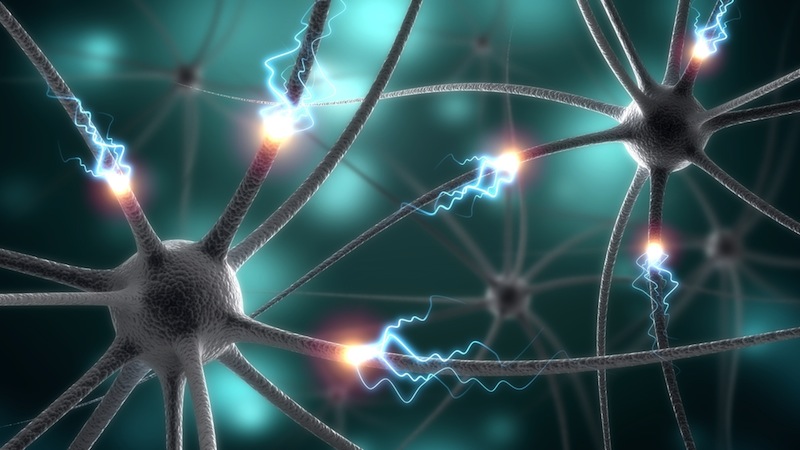
Sleeping Shrinks the Brain … and That's a Good Thing
By Christopher Wanjek published
Sleep provides a time for the brain to prune synapses to ensure only the most important information is retained.

Scientists Untangle the Soy-Breast Cancer Paradox
By Christopher Wanjek published
To eat soy or not: That's the question many U.S. women have been asking.
Sign up for the Live Science daily newsletter now
Get the world’s most fascinating discoveries delivered straight to your inbox.

